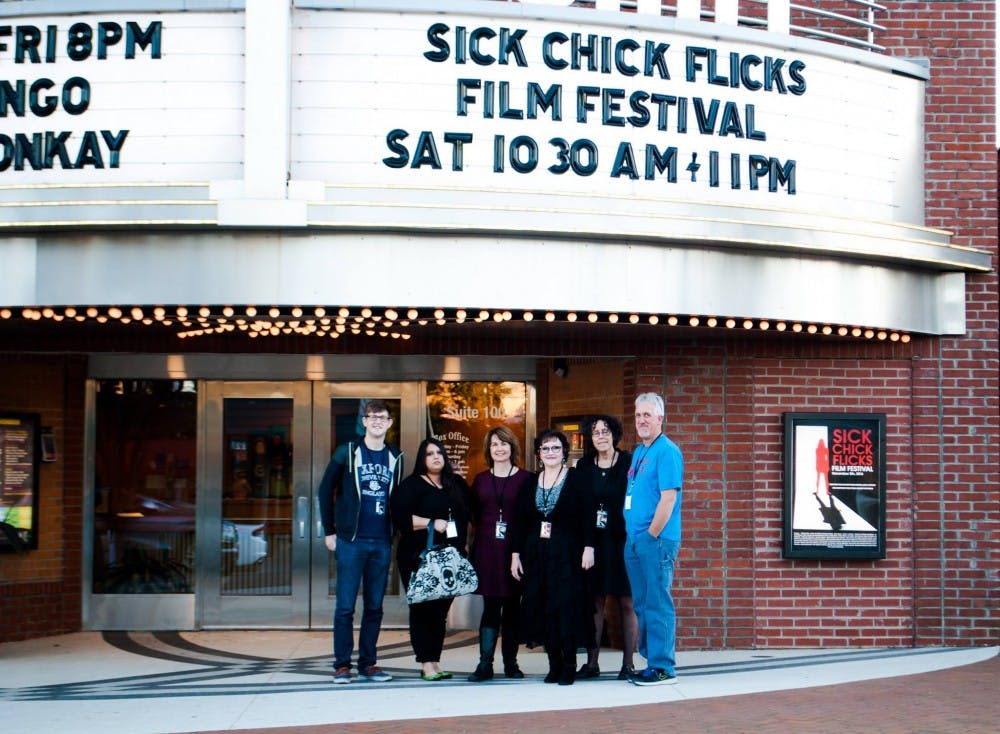The Sick Chick Flicks Film Festival is coming to Cary this weekend, just in time for Halloween. The festival will feature 45 independent short films of the horror, sci-fi and fantasy genres — about 90 percent of which are directed by women.
This marks the second year of the festival, which draws in female filmmakers from across the United States and from as far away as Australia. Christine Parker organized this festival in 2016 in response to the lack of female representation at film festivals.
“The majority of filmmakers that would get into festivals were men, and the film festivals were being run by men," Parker said. "So, I wanted to give a place where women could show their movies without having to worry about being excluded because of their gender.”
Parker and some of the weekend’s featured filmmakers expressed a hope to give women in films, especially horror films, more dynamic and complex roles than they typically play in blockbusters. Michelle Iannantuono, who wrote and directed the short film, “Devil’s Advocate,” decided to take this change into her own hands when writing films.
“I see a lot of women used as victims in (horror) films, women sort of chopped up in the woods, and I’m getting kind of tired of that,” she said. “So I try to give actresses roles that are more empowering or more interesting, not just the girlfriend or the victim or nameless girl that is getting stalked by a home intruder.”
The featured films will bring new female perspectives to these male-dominated genres. Iannantuono said that she was impressed by the range of films being screened this weekend, with everything from films about body image issues to women getting revenge on abusive partners. She invited other females hoping to pursue a career in film to take confident action.
“Just do it — we need your voices,” she said. “Make your story, make your art and also don’t be afraid of people not getting it because I guarantee that somebody will.”
Jennifer Trudrung, who wrote, produced and acted in the thriller, “Unbearing,” has found her community of women who get it.
“I feel like it is such a supportive community,” she said. “Everyone is kind of like, ‘What can I do for you?’ instead of competing with each other.”




